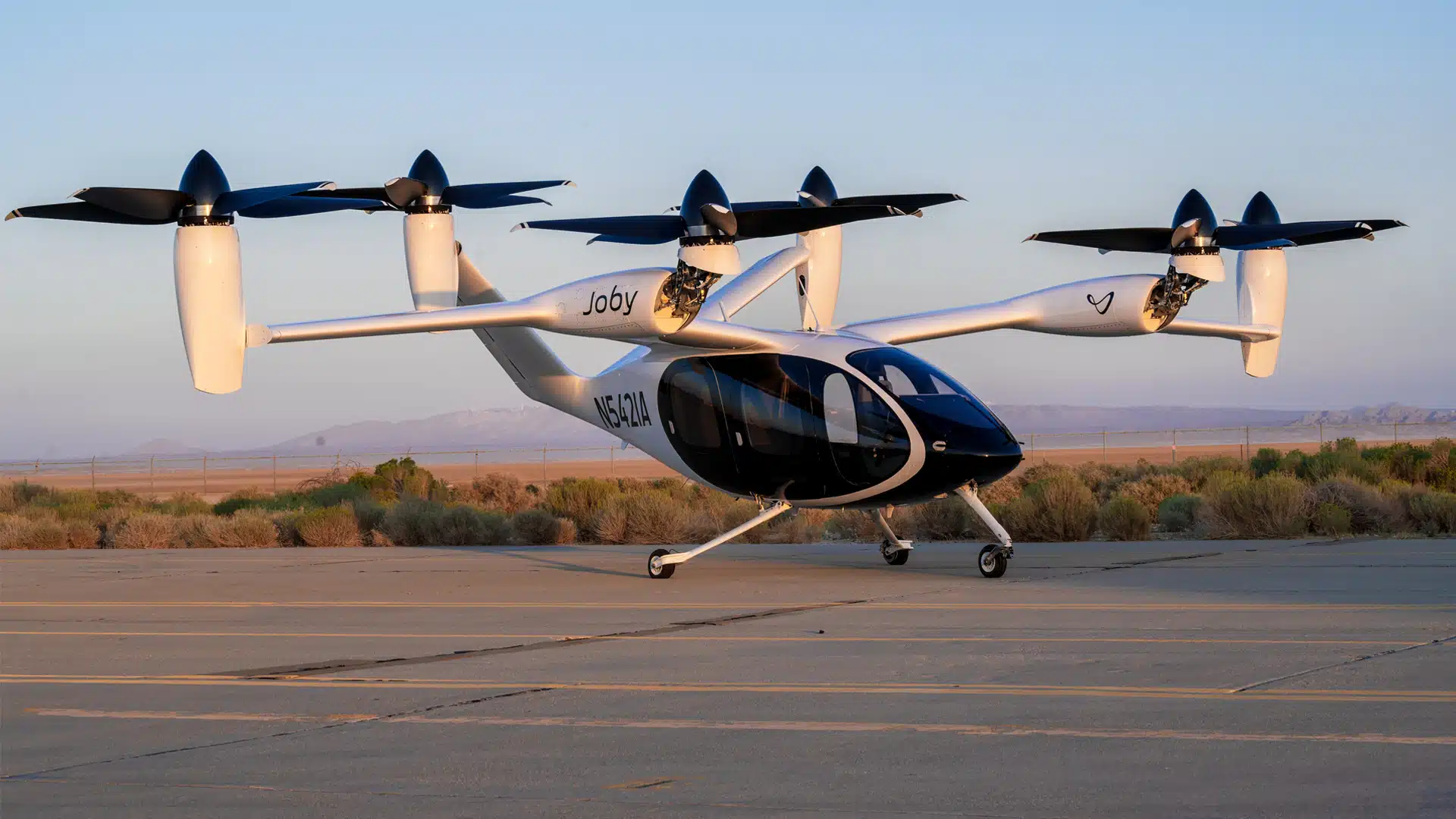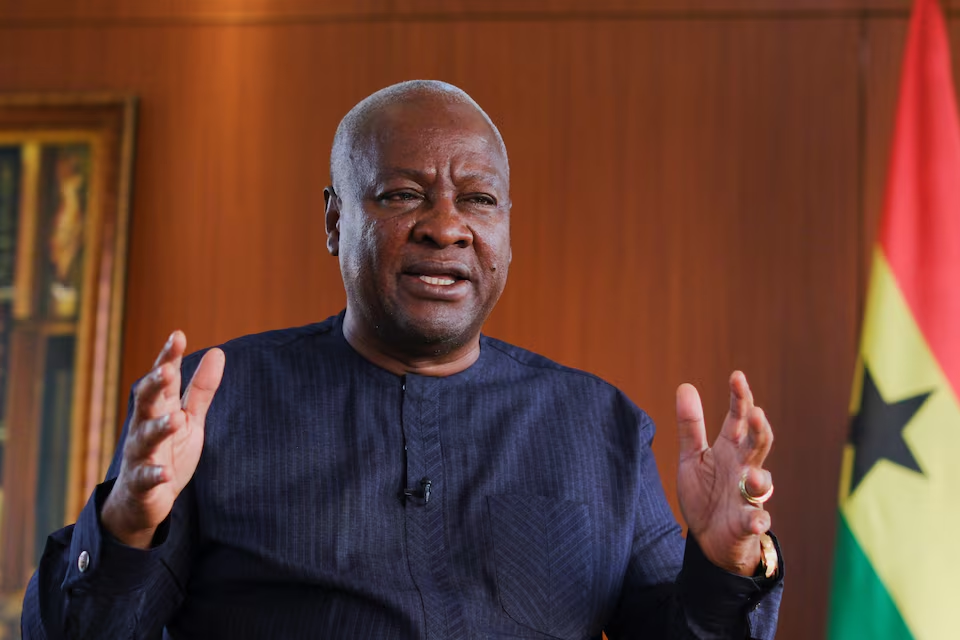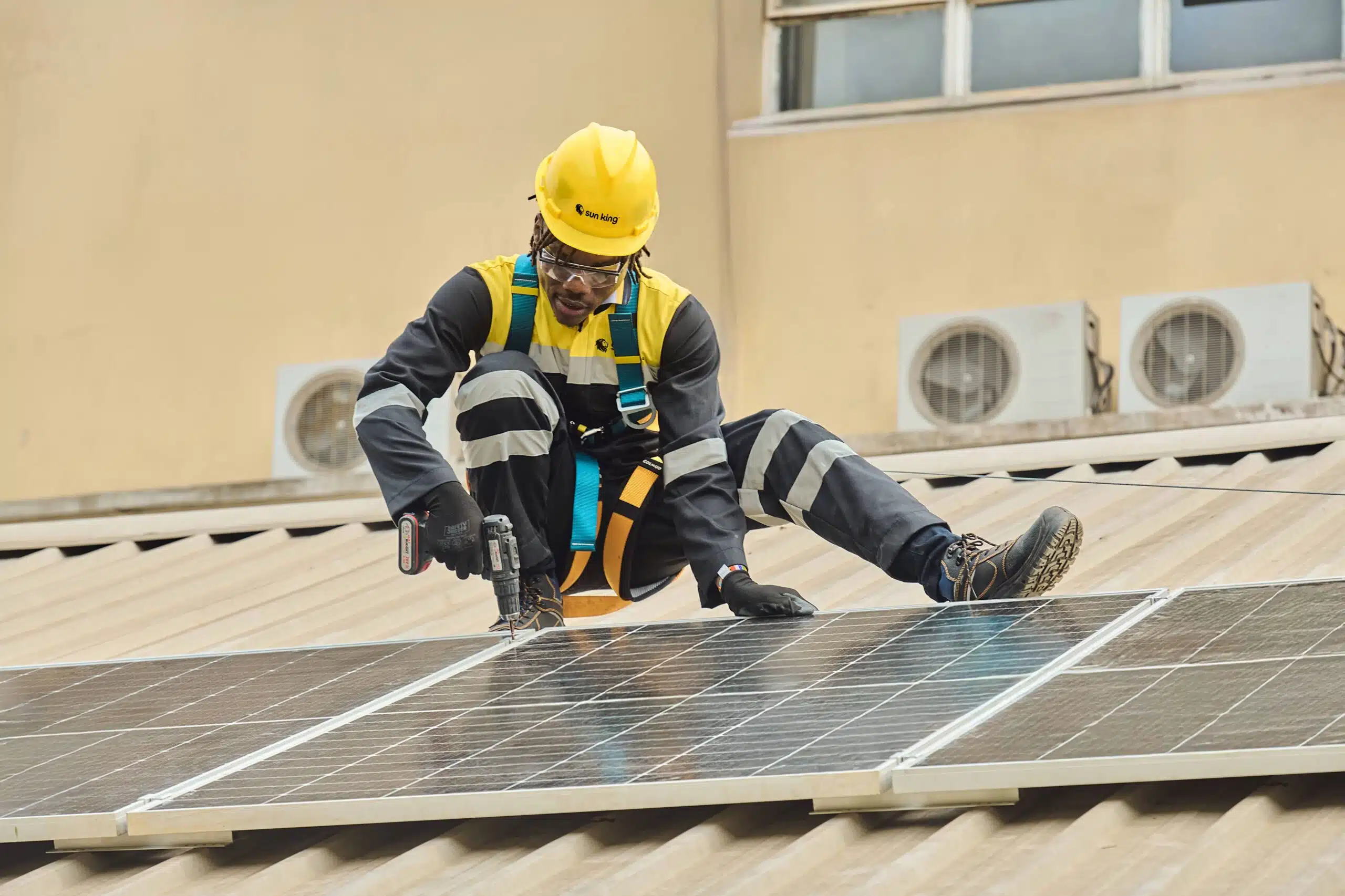In the bid to integrate urban travel, Ethiopian Airlines partnered with U.S.-based Archer Aviation to introduce an all-electric air taxi network in East Africa.
This positioned Ethiopia as a regional pioneer in the adoption of Electric Vertical Take-off and Landing (eVTOL) aircraft.
The agreement, valued at up to $30 million and signed in March 2025, covers the deployment of Archer’s Midnight aircraft designed for short-distance, low-emission flights under the company’s “Launch Edition” program.
The Midnight aircraft is a piloted, four-passenger eVTOL that promises to reduce 60 to 90-minute car commutes to 10 to 20-minute flights.
This efficiency stems from its electric propulsion system, which eliminates reliance on fossil fuels, aligning with global trends toward decarbonization in transportation.
East Africa faces urban congestion and poor infrastructure, which challenges energy systems.
With rapid urbanization across East Africa, traditional transport systems are increasingly under pressure.
Ethiopian Airlines seeks to integrate air taxis as a complementary mode of transport, particularly in Addis Ababa and other regional hubs.
This will reduce transport-related emissions and modernize infrastructure.
If scaled successfully, the electric air taxi network could improve short-distance urban mobility, providing faster, more efficient alternatives to ground-based transport.
The partnership leverages Archer’s expertise in eVTOL design and Ethiopian Airlines’ operational scale, serving over 140 international destinations across five continents.
The group CEO of Ethiopian Airlines said, “Our Partnership with Archer Aviation marks an important step in bringing cutting-edge eVTOL (electric vertical-off and landing) technology to Ethiopia. Together, we aim to redefine regional travel and create new opportunities for efficient, eco-friendly transportation.”
The Midnight aircraft’s rapid recharge capability and minimal downtime between flights enhance its suitability for high-frequency urban operations.
The Ethiopian Civil Aviation Authority (ECAA) is collaborating to certify and operationalize the fleet, ensuring safety and regulatory compliance.
This technical groundwork is critical, as eVTOL adoption hinges on robust infrastructure, including charging stations powered by renewable energy sources.
Energy implications for East Africa
The shift to electric air taxis underscores a broader energy transition in transportation.
Unlike traditional aviation, which consumes vast quantities of jet fuel, eVTOLs depend on electricity, amplifying the need for reliable, clean power grids.
Although Ethiopia is well-positioned to support this demand with its hydropower capacity, it can still pose a challenge if other sources are not in place, like the Grand Ethiopian Renaissance Dam, to support this initiative.
Other challenges include the high initial costs of eVTOL deployment.






